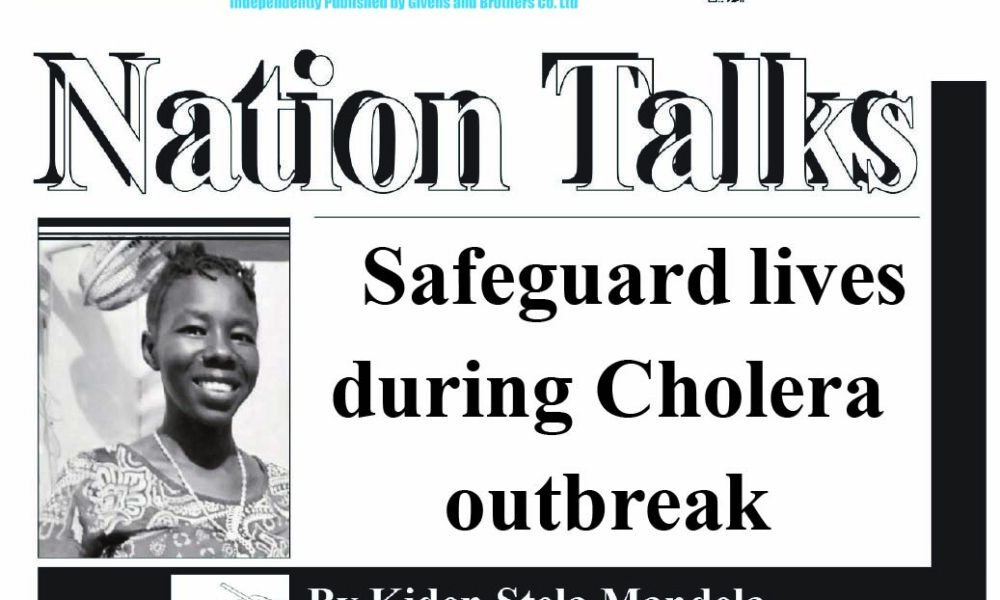Cholera is a highly dangerous illness that poses a significant threat to human life. Living in the affected areas is challenging, especially since cholera is a deadly disease.
The National Ministry of Health has confirmed and declared an outbreak in Renk County of Upper Nile State, emphasizing the urgent need for medical assistance, including doctors and medical supplies, to prevent a potential mass death toll.
Historically, malaria has been one of the most lethal diseases, particularly affecting children and adults in South Sudan within minutes. It has frequently been the leading cause of hospital admissions. The lives of many people are at risk, given that government hospitals have not received adequate attention from the country’s leaders. A visit to government medical facilities in Juba, such as Juba Teaching Hospital and Al Sabah Hospital for Children, reveals the severe suffering of patients—many children, unfortunately, die on the spot due to a lack of medical care and medicines. This situation continues to persist year after year without improvement.
This crisis has resulted in numerous deaths and widespread suffering, especially among poor citizens who cannot afford private healthcare. Surviving illness in this country is extremely challenging, not just due to malaria but other diseases as well. Even basic medications, such as Panadol, are often unavailable in large government hospitals. Furthermore, medical staff occasionally demand payment before attending to patients, which is heartbreaking. In some cases, the few available medications are siphoned off by medical officers for their private clinics, leaving patients to suffer in hospitals. Consequently, citizens die every day, not solely from illnesses but also due to a lack of medical attention.
This dire situation stems from the government’s failure to invest in the healthcare sector while many leaders opt for medical treatment abroad. Unfortunately, instead of addressing the pressing issues affecting citizens, our national MPs seem content to safeguard their positions. Many resort to fabricating illnesses to secure funding for personal healthcare abroad, using public funds to benefit themselves rather than investing in national development. This neglect has left citizens suffering without proper access to medication, adequate food, and security, alongside delayed salaries that undermine service delivery at hospitals.
There is much work to be done in the country, including improving roads and healthcare, addressing the struggling economy, and more. The resources wasted could have been invested in hospitals and schools, benefiting the citizens rather than filling the pockets of those who are already well-off. Teachers, doctors, and other civil servants find themselves stranded without salaries.
I appeal to the government to enhance all sectors, creating an environment where treatment is not contingent upon payment, and ensuring that doctors receive their salaries promptly for better service delivery. The National Ministry of Health must ensure that donated funds for healthcare are not misappropriated and work toward improving government hospitals and increasing the number of healthcare centers.
God protect South Sudan.
Until we meet again.



